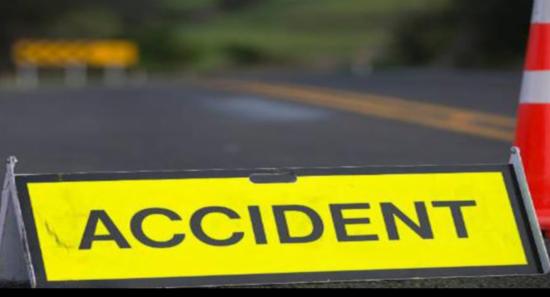.webp)

Parliament to be prorogued from Friday (27); New Session on 8th February
COLOMBO (News 1st) - The President's Office has reserved a slot with the Government Printer to issue the Proclamation to Prorogue Parliament with effect from midnight on Friday (27).
President's Secretary Saman Ekanayake confirmed to News 1st that the respective gazette was sent to the Government Printer as per a decision taken by the President to prorogue parliament with effect from midnight on Friday (27).
He said that the new session of Parliament will take place on the 8th of February 2023 at 10 AM.
A Senior Official at the Government Printer confirmed to News 1st that the respective gazette was received to go ahead with printing.
What is prorogation?
To prorogue Parliament means to prolong it,or toput it off for a later day.It is basically a temporary recess of Parliament.
Parliament ordinarily functions over a series of sitting days which make up what is called a session; when Parliament is prorogued, a session comes to an end.
Effect of Prorogation in Our Parliament:
Constitutional Provisions
During the prorogation the Speaker continues to function and the Members retain their membership even though they do not attend meetings of Parliament.
The effect of a prorogation is to suspend all current Business before the House and all proceedings pending at the time are quashed except impeachments.
A Bill, motion or question of the same substance cannot be introduced for a second time during the same Session. However, it could be carried forward at a subsequent Session after a prorogation.
Pending Business of Parliament:
“All matters which having been duly brought before Parliament, have not been disposed of at the time of the prorogation of Parliament, may be proceeded with during the next Session,” states the Paragraph (4) of Article 70 of the Constitution.
In the light of this constitutional provision, a prorogation does not put an end to pending Business.
Thus, a pending matter may be proceeded with from that stage onwards after the commencement of the new Session. At the beginning of a new Session all items of Business which were in the Order Paper of Parliament need to be re-listed, if it is desired to continue with them.
Committees of Parliament:
In terms of Standing Orders of Parliament No. 114, the Committee of Selection has to be appointed and therefore, all the following Committees for Special Purposes cease to function during the recess or the prorogation of Parliament and all of them have to be re-constituted at the commencement of each Session of Parliament except the Committee on High Posts, Sectoral Oversight Committees and Select Committees of Parliament as per provisions of Standing Order of Parliament Nos. 124(5), 111(2) and 109 respectively:-
the Committee on Parliamentary Business;
the Committee on Standing Orders;
the House Committee;
the Committee on Ethics and Privileges;
the Legislative Standing Committee;
the Ministerial Consultative Committees;
the Committee on Public Accounts;
the Committee on Public Enterprises;
the Committee on Public Finance;
the Committee on Public Petitions; and
the Backbencher Committee.
Panel of Chairs:
At the commencement of every Session of Parliament a Panel of Chairs of not less than four Members to act as temporary Chair of Committees when requested by the Deputy Speaker or in the absence of the Deputy Speaker, by the Deputy Chairperson of Committees has to be nominated by the Speaker.
Commencement of the New Session:
At the end of a prorogation a new Session begins and is ceremonially declared open by the President.
He is empowered under the Constitution to make a Statement of Government Policy in Parliament at the commencement of each Session of Parliament and to preside at ceremonial sittings of Parliament in terms of the provisions stipulated in Paragraph (2) of Article 33 of the Constitution.
Statement of Government Policy:
The President is empowered to make a statement of Government Policy at the commencement of each new Session. In the past, it was known as the Throne Speech which was delivered by the Governor-General.
With the evolution of the Parliament of Democratic Socialist Republic of Sri Lanka in 1978, Statements made by the President are neither debated nor put to the vote.
Other Articles
Featured News





.png )

-793492-797918_550x300.jpg)
-797911_550x300.jpg)








-797273_550x300.jpg)


















.gif)